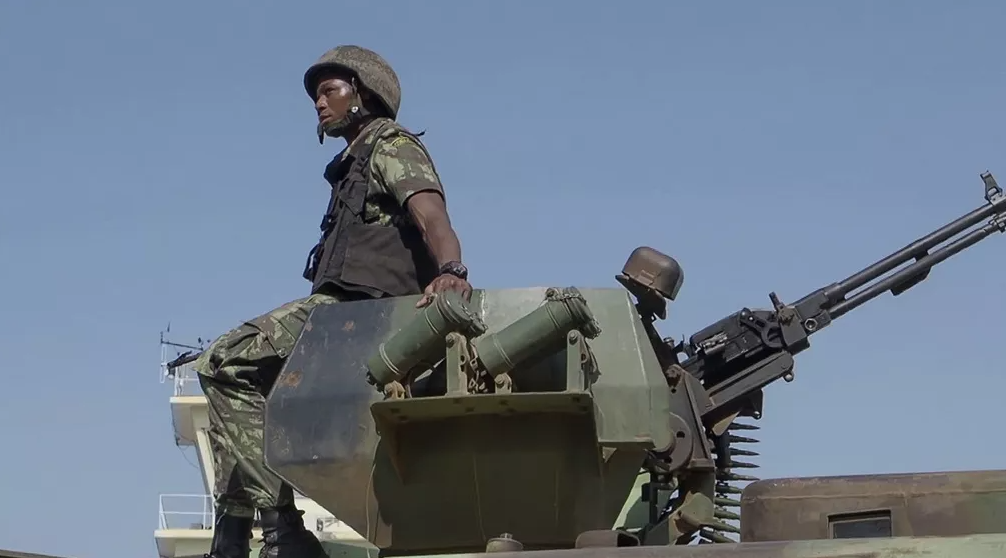HRW Reports Islamist Group’s Use of Child: Human Rights Watch (HRW) cites reports that an Islamist organization in northern Cabo Delgado province, Mozambique, used juveniles as young as thirteen years old in their most recent assault on a village. The tragic situation was made even worse when some of the juvenile soldiers were identified by the residents who had fled the conflict as missing relatives.
United Nations officials have long accused the Al-Shabab organization, which is linked to the Islamic State, of enlisting youngsters in their forces since the beginning of their insurgency in 2017. Local officials and humanitarian agencies reported at least 70 missing children in March, which heightened fears due to an increase in attacks.
According to eyewitnesses who spoke with HRW, a large number of children who appeared to be soldiers were involved in the assaults, brandishing assault guns and ammunition belts in an AK-style fashion. Quite shockingly, two people asserted that they recognized their nephew, who is thirteen years old, among the fighters.
The village citizen Abu Rachide expressed his disbelief, saying, “I saw him with my own eyes,” because the missing child now seemed to be obeying the orders of older militants. Like him, Rachide’s sister was perplexed by the boy’s sudden metamorphosis into a warrior within months.
The attacks on Macedonia began on Friday and continued into Saturday. Islamist terrorists allegedly looted stores and fought with Mozambican and South African forces before fleeing the town. Ten people, mostly soldiers, were killed in the conflict, while seven hundred people fled to the neighboring woods for safety.
International law firmly condemns the recruitment of minors (those under the age of fifteen) for military objectives. The current events in Mozambique highlight how critical it is to work together to safeguard vulnerable groups and resolve the underlying causes of violence.
In addition, the insurgency’s financial support appears to be linked to illicit timber exports from Cabo Delgado to China, as revealed by the non-profit Environmental Investigation Agency (EIA) at the same time as these attacks. The EIA’s investigation highlights the connection between environmental crimes and armed conflict, highlighting the importance of taking a comprehensive approach to tackling regional instability.
As part of a regional effort to combat the insurgency, South Africa sent troops to Cabo Delgado in reaction to the rising violence. However, the latest reports of army withdrawals call into question the effectiveness of the current attempts to pacify the area.
With over a million people forced to flee their homes and essential infrastructure projects like the $20 billion natural gas venture in jeopardy, the humanitarian impact of the violence in Cabo Delgado is immense. Despite the complexity of the problem, addressing the recruitment of child soldiers and disrupting illegal finance systems are crucial priorities for regional and international actors.



















